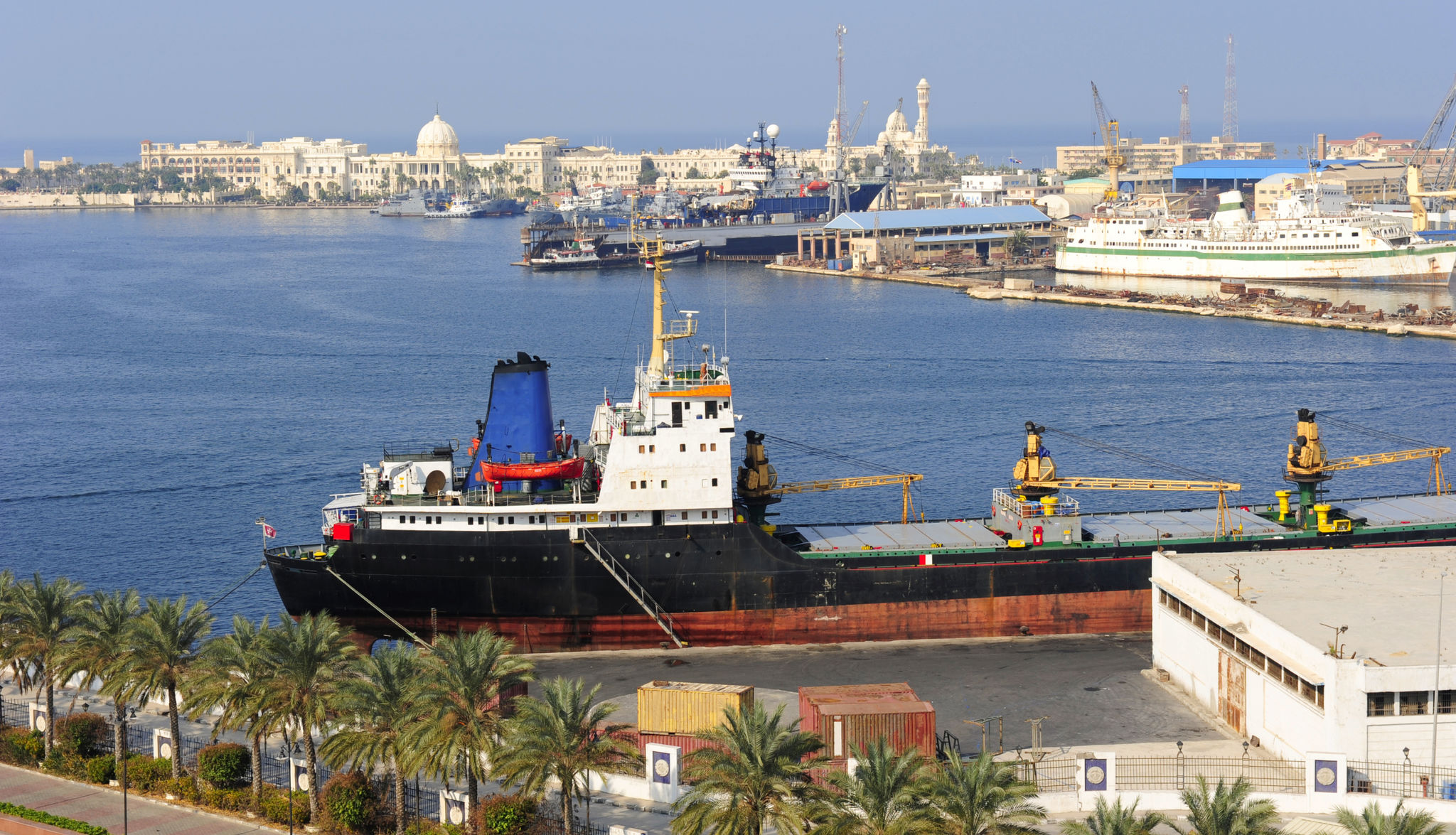Understanding the Logistics Landscape in Egypt: A Buyer’s Guide
The Current State of the Logistics Sector in Egypt
Egypt, with its strategic location at the crossroads of Africa, Europe, and Asia, serves as a pivotal logistics hub. The Suez Canal, one of the world's busiest waterways, is a crucial component in global trade, making Egypt an attractive destination for logistics and supply chain operations. In recent years, the Egyptian government has invested heavily in infrastructure projects to enhance the efficiency and capacity of its logistics sector.
The logistics landscape in Egypt is characterized by a mixture of traditional methods and modern advancements. With ongoing developments in transportation networks, warehousing facilities, and technology integration, the country is steadily transforming into a modern logistics powerhouse. However, understanding this dynamic environment requires a deep dive into its various components.

Key Components of Egypt's Logistics Infrastructure
At the heart of Egypt's logistics infrastructure are its ports. The Port of Alexandria and the Port Said are key maritime gateways facilitating international trade. These ports are equipped with state-of-the-art facilities to handle large volumes of cargo efficiently. Additionally, the development of the East Port Said industrial zone promises to further bolster Egypt's logistics capabilities.
Beyond ports, Egypt has an extensive network of roads and railways. The government has prioritized the expansion and modernization of these networks to improve connectivity between major cities and industrial zones. This effort is aimed at reducing transportation costs and enhancing overall supply chain efficiency.

Warehousing and Distribution Centers
Warehousing is a critical component of Egypt's logistics sector. There is a growing demand for modern warehouses equipped with the latest technology to streamline inventory management and distribution processes. Many international companies have recognized this need and set up operations in strategic locations across the country.
The rise of e-commerce in Egypt has also contributed to an increased demand for efficient distribution centers. These centers are crucial for maintaining quick delivery times and meeting customer expectations in a rapidly growing market.
Challenges in the Egyptian Logistics Sector
Despite significant advancements, the logistics sector in Egypt faces several challenges. Infrastructure bottlenecks, regulatory hurdles, and bureaucratic inefficiencies can impede smooth operations. Navigating these challenges requires strategic planning and a thorough understanding of local regulations.
Another challenge is the need for skilled labor. As the logistics industry evolves, there is a growing demand for professionals who are well-versed in modern supply chain technologies and practices. Addressing this skills gap is essential for sustaining growth in the sector.

Opportunities for Growth and Investment
Despite these challenges, there are ample opportunities for growth and investment in Egypt's logistics sector. The government's commitment to infrastructure development offers numerous prospects for businesses looking to expand their operations. Additionally, Egypt's participation in various trade agreements provides access to broader markets and enhances its appeal as a logistics hub.
Investors can benefit from incentives such as tax breaks and simplified customs procedures designed to attract foreign direct investment. By leveraging these opportunities, businesses can tap into Egypt's strategic location and burgeoning market potential.
Conclusion: Navigating the Logistics Landscape
Understanding the logistics landscape in Egypt requires a comprehensive approach that considers both its strengths and challenges. With the right strategies, businesses can capitalize on the country's strategic advantages and position themselves for success in this vibrant market.
By staying informed about developments in infrastructure, regulations, and market trends, buyers can make informed decisions and effectively navigate the complexities of Egypt's logistics sector.

